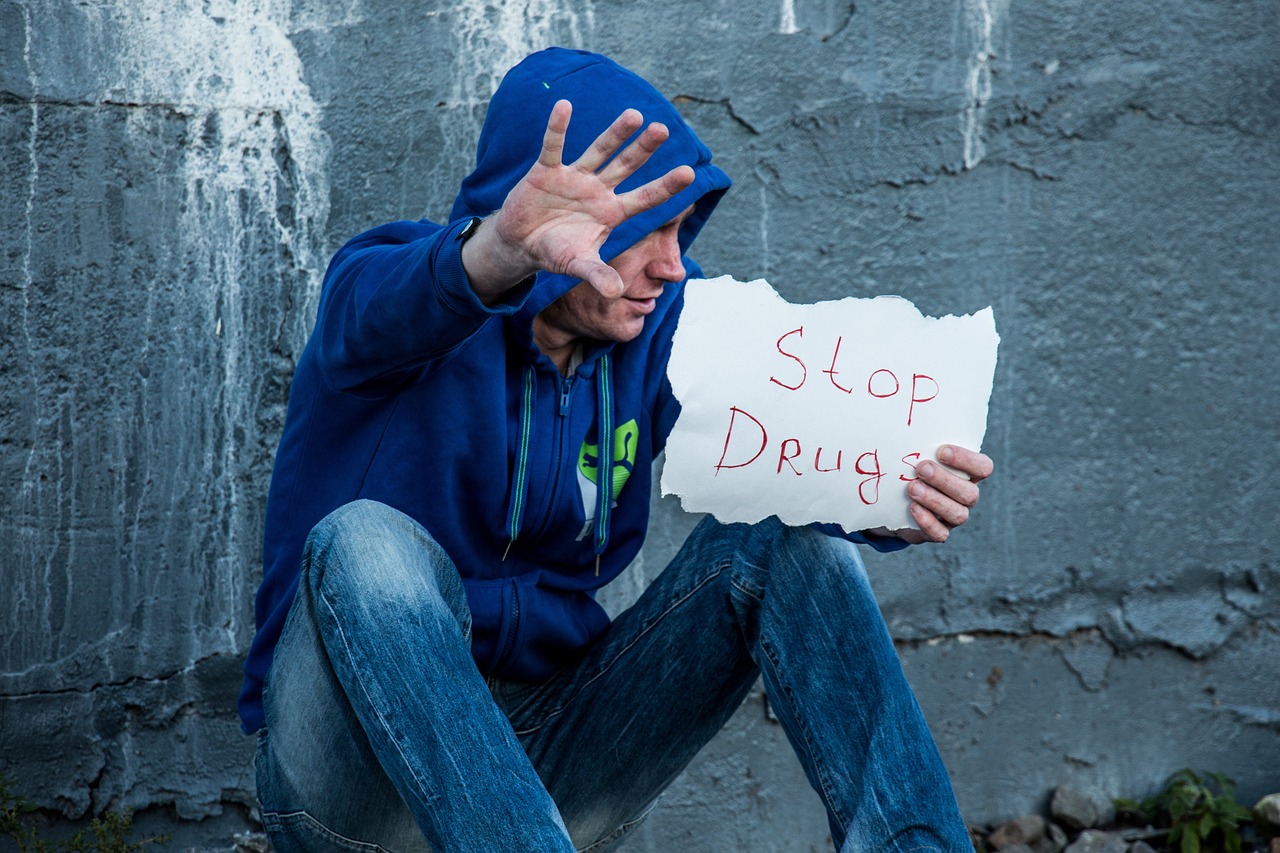Drug Rehabs Use these 5 Essential Treatment Methods
Do you or someone you love need treatment for addiction? There’s no shame in needing help. Substance abuse has become one of the biggest problems in America, impacting all walks of life. Whether you are addicted to opioids, alcohol, or another drug, treatment is often necessary. Everyone’s different and is every drug, but no matter what you are going through below are five essential treatments that should be available in every drug rehab center.
Supervised Detox
The first and one of the most pivotal forms of addictions is supervised detox. With drug detox services, the person is provided medical and emotional attention as they go through the withdrawal symptoms. Withdrawal symptoms vary from person to person, drug to drug. Depending on the dependence, symptoms can be quite severe. They can be uncomfortable, painful, and sometimes dangerous. That’s why it’s always a good idea to go into a professional treatment center for detox. You have peace of mind and can start your recovery on the right foot.
One-on-One Counseling
Another treatment that is crucial in addiction rehab is one-on-one counseling. This is basically therapy. Everyone is familiar with some form of therapy, but this is centered on drug addiction. This is where you will likely receive dual diagnosis treatment. Dual diagnosis refers to when the person is struggling with both an addiction and an underlying mental health disorder. So many people use drugs and alcohol to self-medicate depression, anxiety, PTSD, and more. Even if the person doesn’t know that they have been self-medicating or don’t have an underlying mental health issue, dual diagnosis is necessary to both determine the diagnoses and treat the person comprehensively.
12-Step Group Meetings
The 12-step group meeting is the most common form of addiction therapy. These support groups are based on the 12-steps, which are inarguably the most successful addiction recovery platform to date. In these meetings, you listen to the stories of others and tell your own. The 12 steps typically begin in an addiction treatment center, but other people attend a meeting first before they even fully commit to sobriety. In the 12 steps, you get a sponsor who helps you stay sober during the toughest times. Then, eventually, you become a sponsor yourself—giving back to the community and working on your recovery in a more selfless way.
Outpatient Services
Whether you have a family at home, a job to do, or still need treatment after your initial stay in a rehab, outpatient services are a great resource for a lot of people. It doesn’t matter what stage you’re at in your recovery, outpatient services can help you in several ways. When you need professional addiction counseling to further your understanding about substance abuse, dependence, and overall mental health, outpatient services are a great way to continue treatment in a meaningful way. Outpatient services don’t require you to stay in the rehab. If you’ve detoxed and have begun treatment in earnest, you will be able to get what you need from outpatient services.
Residential Rehab/Sober Living
Finally, a form of treatment that can be short or long-term is residential rehab. You can get all your inpatient services from a residential clinic, but when you stay in a home with other people in recovery for an extended period it is what they call sober living. A lot of people choose sober living to strengthen their recovery and sobriety. It’s a form of aftercare treatment. When it comes to staying sober, you should do whatever you can to support your aftercare.
These five essential treatments in drug rehab will provide what you typically need in recovery, but everyone is different. Addiction treatment should be personalized and comprehensive. It should be based on your needs. First, you will detox. Then you will begin individual counseling and group meetings. You work the steps and strengthen your understanding of recovery with aftercare. All this in tandem can help you stay sober, but relapse is always possible. It’s important to remember that if a relapse occurs, it doesn’t mean you should throw your hard work out. A slip up does not mean that you can’t go right back to working the steps and doing what you need to do.

